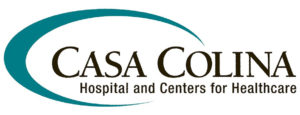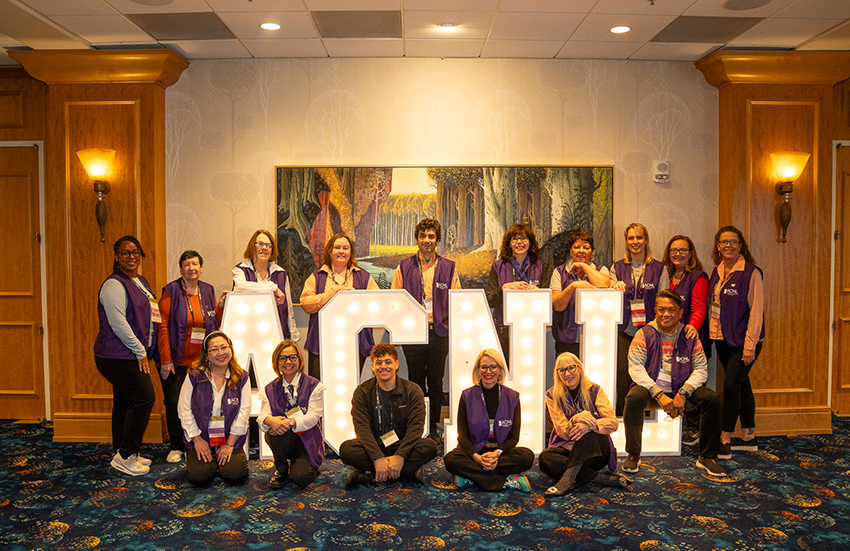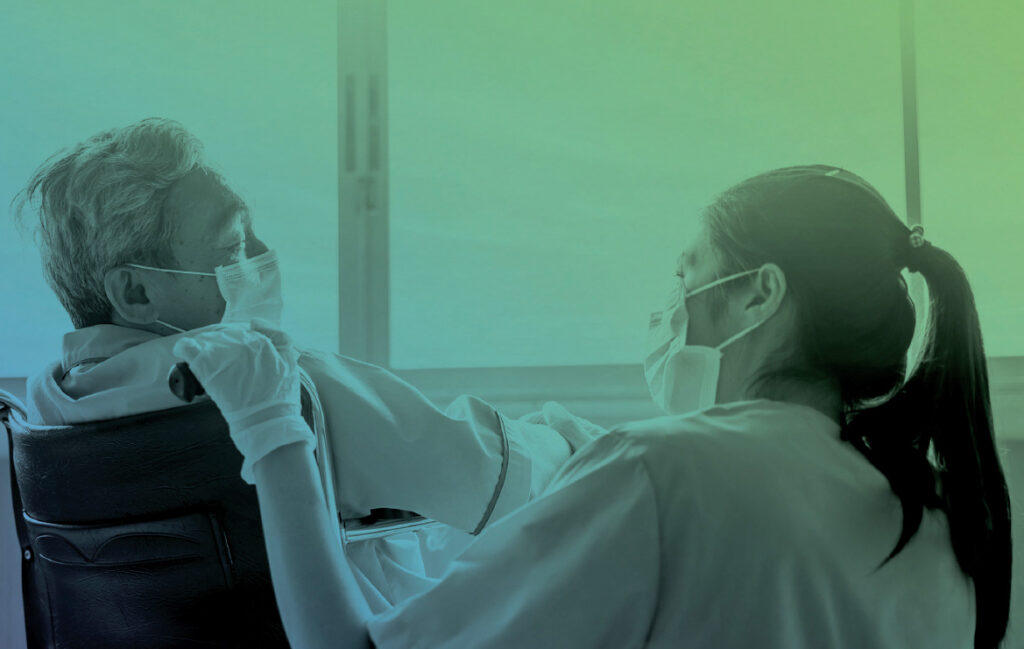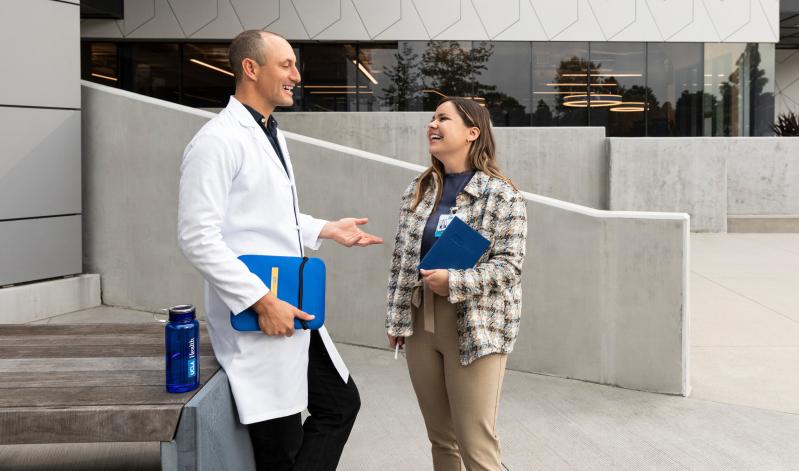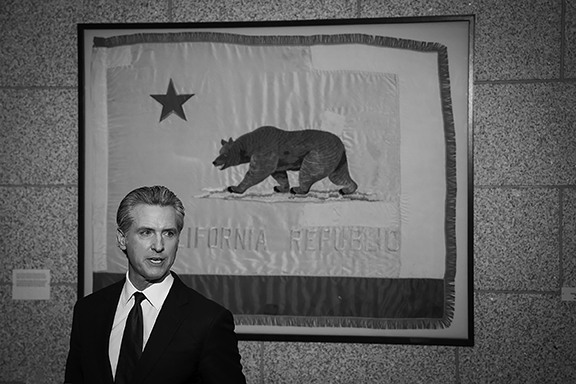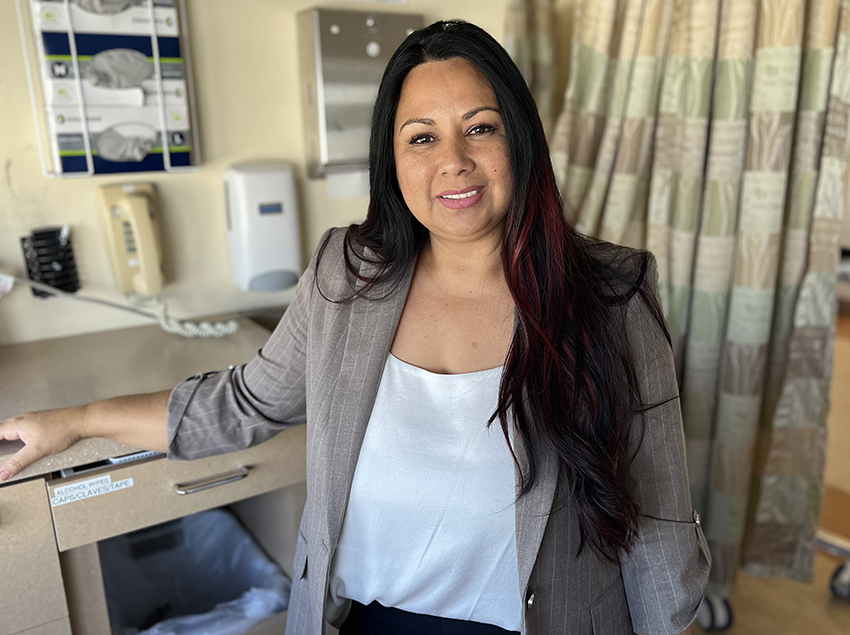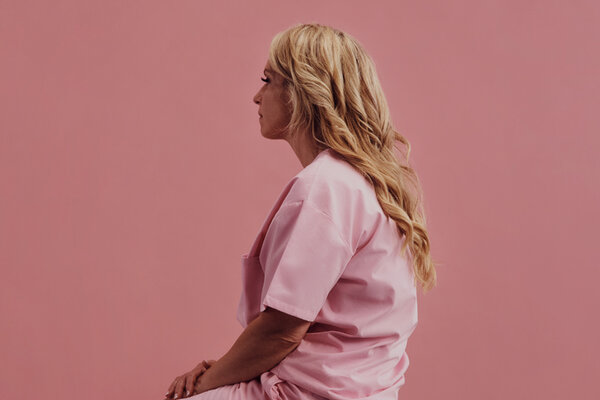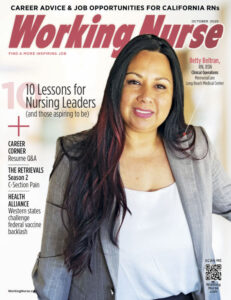My Specialty
Correctional Nursing, Marti Sillman, LA County Jail
How nursing has evolved and how it is practiced today in L.A. City Jails
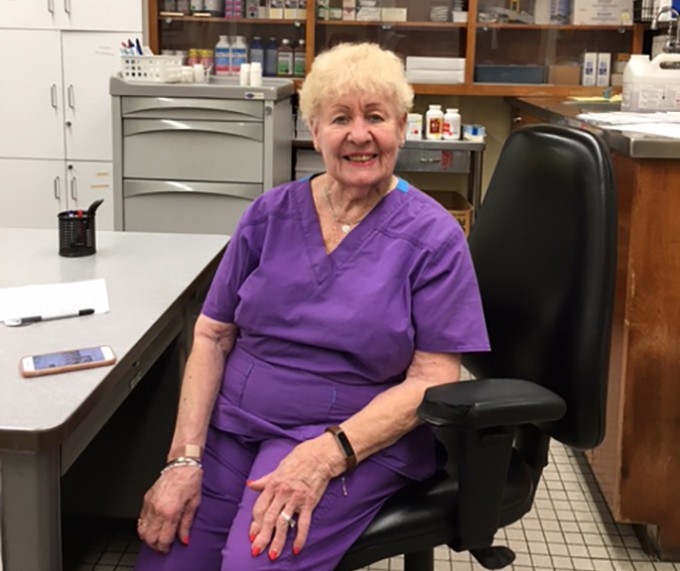
Marti Sillman, RN
Correctional Nurse
Medical Services, City of Los Angeles
What was your early nursing career like?
I attended a four-year, hospital-based diploma nursing program in Bryn Mawr, Pa. I began my training in 1950, graduated in 1954 and passed the nursing boards in 1955. The program was held in the hospital and our day was divided between clinical and academic work. We would spend part of the day in the classroom and then work on the floors for several hours.
What was the nurse-doctor relationship like at that time?
There was a great deal of etiquette and protocol. We looked to the doctors with respect and were expected to offer our chairs to the physicians or the older nurses and nursing students. We would always hold the door open for them.
As a trainee — and even after our training — we were very solicitous of and deferential to the doctors. We basically waited for them to tell us what to do. The doctors were very arrogant and felt they could not be questioned. For us, it was a combination of intimidation and respect.
Smoking was very common at the time, but only doctors smoked in the nurses’ station.
What was it like as you gained more autonomy as a nurse?
I took time off in the 1960s to raise my children and came back to nursing in 1972. When I reentered the workforce, there were new guidelines. Nurses were receiving more clinical education and were expected to do more. For example, prior to the 1970s, only the interns could do IVs, but by then, we nurses were doing more procedures, including IVs.
There was a major cultural shift in the 1970s. Nurses were now seen as true professionals and no longer felt subservient to doctors. We began to recognize and take pride in our level of education and scope of practice. We still took orders from doctors, but our sense of being skilled clinicians in our own right was growing. An increasing number of nurses were pursuing post-graduate degrees, taking part in research and otherwise demonstrating great professionalism and autonomy.
It was also at this time that there were ICU nurses taking special courses and learning more autonomous skills. Nurses who worked in the ER or ICU and had specialized training were not so easily intimated by doctors anymore. At that point in my renewed career, I felt I was taking more responsibility and was more respected as a nurse. As I became more skilled and knowledgeable, I was given more respect by the doctors and no longer seen as a simple handmaiden.
What kind of nursing did you focus on in your career?
I started on med-surg in 1972; worked in the recovery room, CCU and ICU; and was floated to other areas of the hospital as needed. I wasn’t certified in any of these specialties, but was able to work as a backup nurse. I also did a lot of psychiatric nursing at that time.


